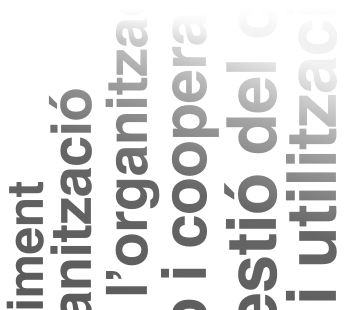Strategic orientation
Do they recognise how strategy affects and is affected by the evolution of the environment, sector and market?
Definition.
Strategic orientation is the ability to link long-term visions and broad concepts in daily work. At the lower levels, it includes a simple understanding of the strategies. At the highest levels, it is sophisticated knowledge of how the environment, in its broadest sense, influences the strategies and how these, in turn, determine the different actions/scenarios.
- Knows their area well (methodologies, techniques, etc), but also has an overall vision, beyond their area of activity.
- Has a good understanding of the aim and objectives of the work.
- Is able to analyse and understand the Organisation's objectives and the strategies developed by others.
- Knows the Company's structure, policy and organisation.
- Relates the task they carry out with the Organisation's objectives.
- Knows how the work is related to the Organisation's raison d'etre.
- Prioritises the work according to the objectives of the business, acts in accordance with external strategies, goals and objectives, in other words, according to what most benefits the department and the Organisation.
- Considers the implication of what they do in all the areas of the Organisation.
- Develops short- and medium-term objectives, strategies and goals, based on the organisational priorities.
- Orients the day-to-day activities towards the long-term, identifies important matters in the long-term and detects problems and opportunities.
- Develops and sets long-term and large-scale objectives, goals and projects, goes beyond the day-to-day and looks towards the future.
- Takes into account the market's benchmarks in order to plan their function, directing their activity towards the market.
- Establishes an action plan to reach a long-term objective or plan and/or to share their point-of-view with another regarding future possibilities of the business, Department or Organisation.
- Knows how the sector evolves the sector and how the changes can affect the Organisation.
- Has an overall vision when long-term opportunities, projects or applications of the current activities arise. Anticipates the possible responses to different projects.
- Considers how the policies, processes and methods (ongoing) can be affected by future changes and external trends.

